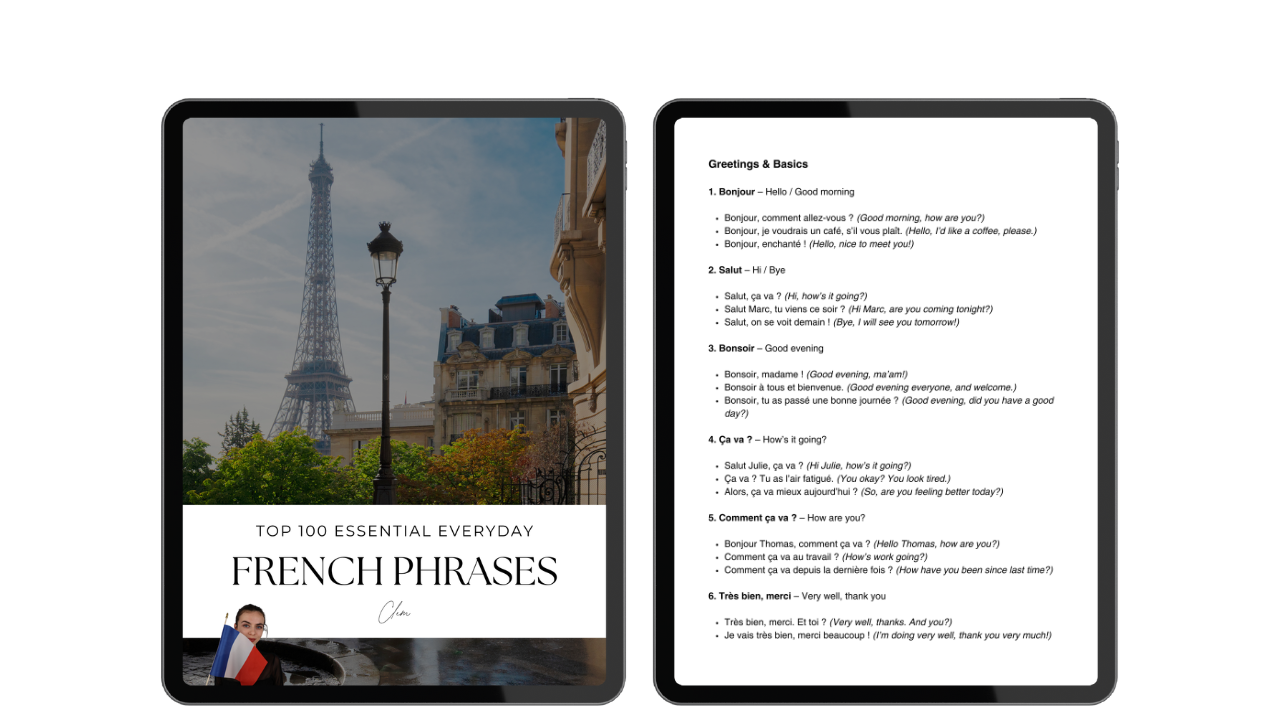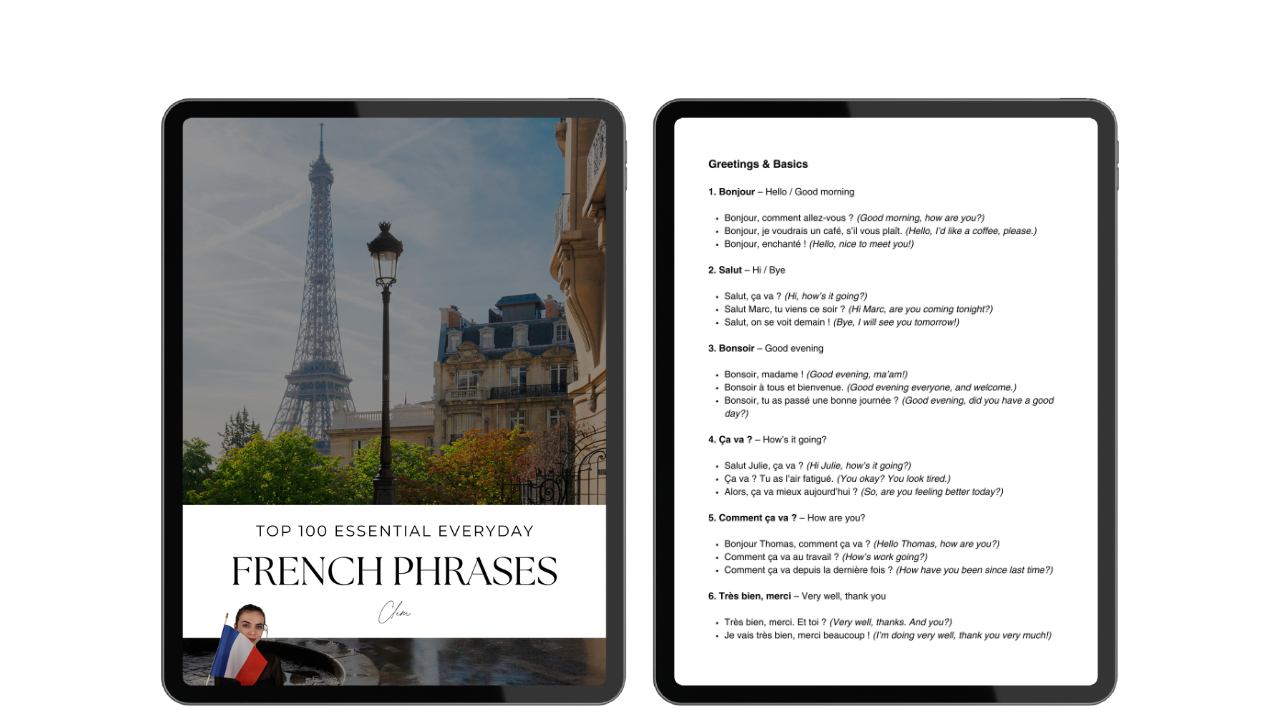
What Happens When You Stop Translating in Your Head
Aug 10, 2025If you’ve ever tried to learn a new language, you’ve probably experienced it: you’re in the middle of a conversation, you hear a question, and your brain instantly goes into overdrive.
“Okay… they said something that sounds like… I think it means ‘What do you want to eat?’ So I should say… ‘I would like…’ Wait, how do you conjugate that again?”
Meanwhile, the other person is waiting.
Your brain is sprinting a marathon while juggling flaming torches.
Welcome to the stage every language learner knows well: the translating-in-your-head stage.
It’s not a bad thing—it’s actually a sign your brain is working. But here’s the secret nobody really tells you: it’s not where you want to stay. Because the magic happens when you stop translating in your head.
But what actually changes when that happens? What does it feel like? And how do you even get there?
Let’s dig in.
Stage One: Living in “Translation Mode”
When you start learning a new language, translation is your lifeline.
You build little mental bridges:
-
chien = dog
-
manger = to eat
-
bonjour = hello
Every new word is tied to an English word. Every sentence gets run through the “mental Google Translate” in your head before it comes out of your mouth.
It makes sense. You’ve got one language you already know (English, or whatever your first language is), and you lean on it like training wheels on a bike.
But translation mode has side effects:
✓ Slow conversations. By the time you translate what they said, think of your answer in English, and re-translate it into French (or Spanish, or Japanese), the moment has passed.
✓ Clunky phrasing. You end up with sentences like “I have hunger” (a literal translation from j’ai faim) that make sense to you but sound odd to natives.
✓ Mental exhaustion. Translating every sentence is draining. After a 30‑minute conversation, you feel like you’ve run a marathon—without leaving your chair.
Stage Two: When Translation Starts to Fade
At some point—after enough exposure, listening, and speaking—something amazing happens. You don’t even notice it at first.
A word pops into your head in the target language.
Someone says, “Tu veux un café ?” and instead of hearing “Do you want a coffee?” your brain just… gets it.
No English middleman required.
This is the tipping point. The moment you start thinking directly in the language.
So… What Happens When You Stop Translating in Your Head?
Short answer? Everything changes.
Long answer? Let’s break it down.
1. Conversations Finally Flow
When you’re stuck in translation mode, every question feels like a pop quiz.
Native: “Tu fais quoi ce week‑end ?”
You: Okay… she said “you… do… what… this weekend?” Okay, I want to say “I’m going to the movies.” How do I say that? I… am going… je suis… no, that’s not right…
By the time you reply, the conversation is dead.
But when you stop translating, your brain bypasses the “English” stop and heads straight for the “French” destination.
“Tu fais quoi ce week‑end ?” → you hear it, you understand it in French, and you respond in French.
It’s smoother. Faster. Less like decoding Morse code, more like… talking.
2. You Start Sounding Less Like a Textbook
When you translate, you cling to safe, literal phrases.
Want to say “I’m excited”? You might default to “Je suis excité”—which technically means something very different (and will make people giggle).
But when you stop translating, you think like a French speaker. You say “J’ai hâte” or “Je suis impatient(e)” because those are the natural, living ways to say it.
Your French stops sounding like “Google Translate output” and starts sounding like… French.
3. Your Brain Stops Working Overtime
Translating everything is like having five browser tabs open, all streaming videos, while you’re on a Zoom call. Your brain overheats.
When you think directly in French, that heavy load vanishes.
Instead of doing:
1. Hear French
2. Translate to English
3. Think of answer in English
4. Translate back to French
…you just do:
👉 Hear French
👉 Respond in French
Your brain relaxes. Conversation becomes less of a mental workout and more of a habit.
4. Your Listening Skills Skyrocket
When you translate, you’re always a half‑step behind.
Someone says “Tu vois ce que je veux dire ?” and by the time you’ve translated each word, they’re already two sentences ahead.
But once you stop translating, you start understanding at the speed of speech.
You hear French as French—not as English subtitles.
Suddenly, TV shows make more sense. Podcasts don’t feel like an avalanche of words. And you can actually enjoy a French conversation instead of bracing for impact.
5. You Stop Panicking Over Every New Word
When you translate, every unknown word is a crisis.
What does that mean? Did I miss the whole meaning?
But when you think directly in French, you start to understand from context—just like you do in English.
If someone says, “Hier, on est allé chez le… truc… et on a acheté un bidule pour la cuisine,” you might not know truc or bidule (both are basically “thingy”), but you get the gist.
Your brain stops needing a perfect dictionary definition for every single word. You just… follow along.
6. You Become More Confident Speaking
Here’s the irony: we think translation will make us “accurate,” but it often makes us freeze.
You’re so busy searching for the “perfect” phrase in your head that you end up saying nothing.
When you stop translating, you get comfortable with good enough French.
You stop thinking: “How do I say ‘I was planning to go but I had to cancel because of traffic’ exactly?”
And you start thinking: “Okay, I’ll just say ‘I wanted to go, but I couldn’t.’”
Your French becomes freer, simpler, and you talk more. And talking more = learning faster.
But… How Do You Actually Stop Translating?
Here’s the honest truth: it doesn’t happen overnight.
You can’t just wake up tomorrow and decide, “Today I shall think in French!” and flip a switch.
It’s gradual. But there are things you can do to speed it up.
1. Listen. A Lot.
Your brain needs massive input to start recognizing French as French.
Listen to:
-
Podcasts for learners (InnerFrench, Français Authentique)
-
French YouTubers talking about stuff you enjoy
-
Netflix shows with French audio
And here’s the key: don’t translate everything. Let yourself listen without subtitles sometimes. Let your brain soak in the patterns, even if you don’t “get” every word.
2. Use Easy French to Train Your Brain
If you try to stop translating with Victor Hugo novels, you’ll cry.
Use simple material:
-
Short stories for learners
-
Kids’ shows or cartoons
-
Slow‑spoken podcasts
When your brain isn’t panicking about understanding every single word, it has space to start thinking in the language.
3. Learn “Chunks,” Not Just Words
If you learn words one by one, your brain glues them to English.
chien = dog
manger = to eat
But if you learn chunks—ready‑made pieces of language—you skip translation.
Instead of memorizing “how to say ‘I’m cold’”, you memorize “J’ai froid” as a whole unit.
Now, when you’re cold, your brain doesn’t think: I have… no… I am… wait… cold?
It just spits out “J’ai froid.”
4. Shadow Native Speakers
“Shadowing” = listening to something in French and repeating it out loud immediately—like an echo.
Pick a podcast, a video, or even TikToks.
Play a sentence.
Pause.
Repeat it exactly how they said it—rhythm, filler words, little sighs and all.
This teaches your mouth and brain to produce French as French—not as a translation.
5. Dare to Speak Imperfect French
This one’s huge: stop aiming for perfect sentences.
If you only speak when you’ve translated the “perfect” phrase in your head, you’ll never break the habit.
Say the messy version. Say the wrong version. Just say something.
The less you “plan” in English before you speak, the faster you’ll start thinking directly in French.
What It Feels Like When It Clicks
The first time you answer someone in French without thinking in English, you might not even notice.
It’s only afterward that you go: Wait. Did I… just answer automatically? Did I just THINK in French?
It’s surreal.
And then it happens again.
And again.
And soon, whole topics become “translation‑free zones” in your head.
Maybe you always say “Je voudrais un café” without thinking. Then later, you stop translating questions like “Qu’est-ce que tu fais ?” And eventually, whole conversations slip by without a single English word crossing your mind.
That’s fluency sneaking in.
The Best Part?
Life gets easier.
Ordering food isn’t a performance. Talking to someone on the street isn’t scary. Watching a French movie isn’t exhausting.
And suddenly you’re laughing at a joke in French in French—not after your brain translated it for you.
That’s when you know you’re really in.
Will You Ever Stop Translating Completely?
Here’s the truth: probably not 100%.
Even native bilinguals sometimes “translate” tricky ideas between their languages.
But most of the time, you won’t need to.
The goal isn’t perfection. The goal is automaticity—thinking directly in French most of the time, so you can live in it instead of just studying it.
How Long Does It Take?
It depends:
-
How much you listen & read
-
How much you speak (out loud, not just in your head)
-
How much you let go of “perfect”
For some, it clicks after a few months of immersion. For others, it takes a year or more. But every time you stop translating for just one phrase—you’re closer.
Learning French (or any language) is a bit like learning to swim.
At first, you hold onto the edge of the pool (translation) because it’s safe.
Then, one day, you let go—and you realize you can float.
Translation got you started. But thinking directly in French will set you free.
So next time you find yourself mentally translating every word, remember:
✓ It’s a phase.
✓ Everyone goes through it.
✓ And one day, you’ll leave it behind.
And when you do?
French won’t just be something you study.
It’ll be something you live.
Et ça, c’est magnifique.












